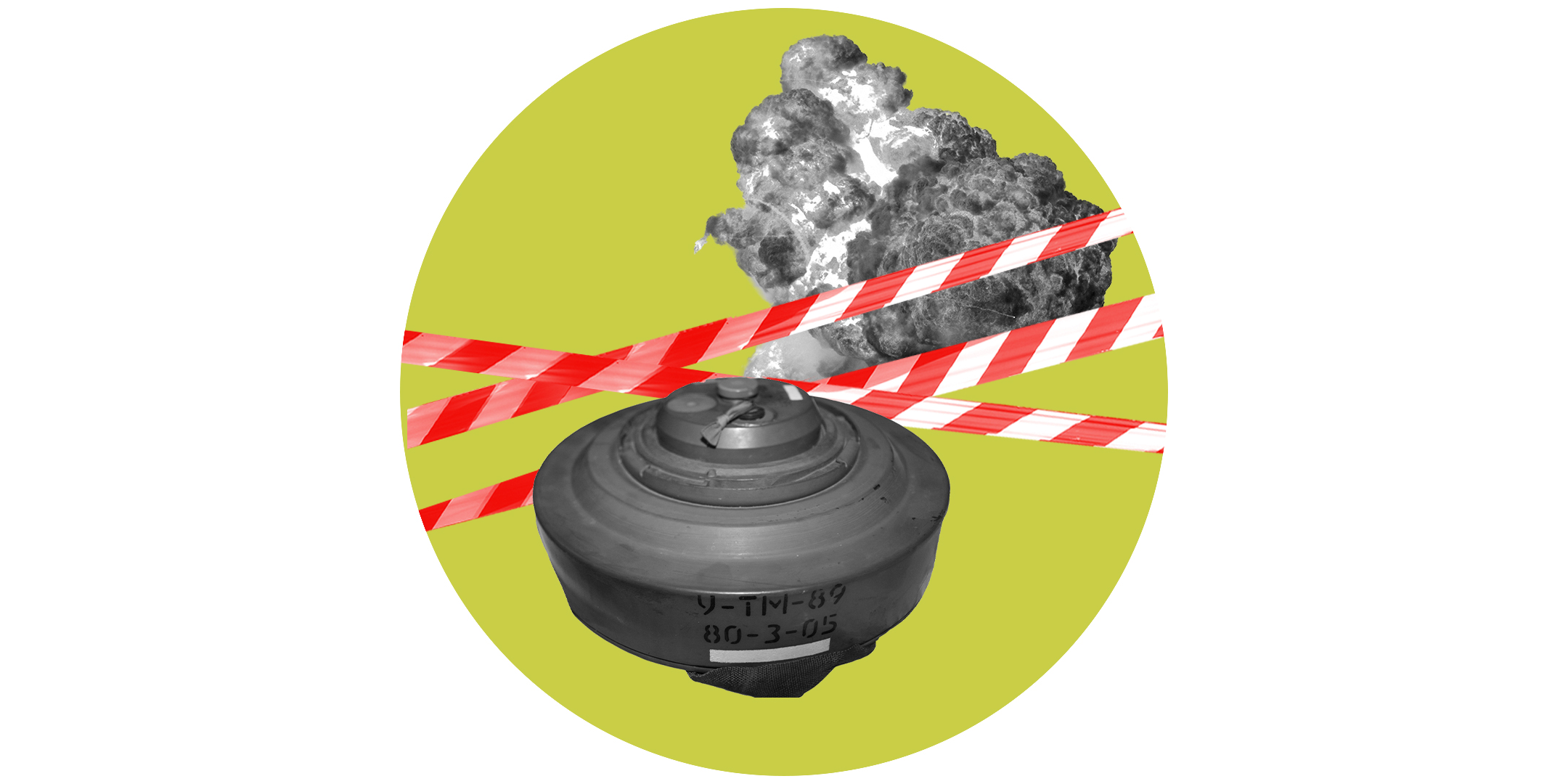How to manage expectations: improvement of skills

Now we have an unstable situation in society and the economy, so reputation is one of the most important intangible assets for every entrepreneur.
At the same time, due to objective reasons, you cannot always fulfill your obligations. How to act in such a situation to maintain a trusting business relationship with partners and the team?
Agreement and result: what is the basis?
From my perspective, the basis of our work is concluded agreements and their implementation. These agreements influence how well you develop and then meet the expectations of partners and colleagues.
Properly established agreements save you and everyone involved in the process a significant amount of time required to implement the tasks. For an IT company, in my experience, such optimization can have a substantial impact on revenue. I am sure that other business areas will also appreciate the benefits of proper management of expectations. Therefore I suggest scrutinizing components.
We have the agreement itself, its fulfillment, or non-fulfillment on schedule.
If the promised processes went smoothly, and the result is in line with existing agreements, your reputation is strengthened, and trust grows. These can then be transformed into deferred payments, raising additional funds on very favorable terms and other benefits. Accordingly, unfulfilled agreements deprive you of all this.
So why is it that the time-bound goals are violated or at a certain stage refused to participate in by executors (here I mean not only third-party companies but also your employees).
"Success depends on how quickly you can give up the work that leads to the failure of the project. This is the most valuable and difficult lesson I have learned from all my experience," said Tom DeMarco, author of "The Deadline: A Novel About Project Management."
Types of arrangements for a proper assessment of the situation
It will be easier to understand why these groups fail to comply with the commitments made. For this purpose, we divide the agreements into the following types:
- direct – within a specific position or competence of a particular department of the company;
- broader than main work – tracking market trends, self-education, and other similar competencies;
- change in habitual behavior.
Considering that now we are talking about the IT sphere, all three types of agreements are essential here because trends and customer needs are developing quite rapidly. That's why, for example, we as consultants and implementers must not only perform our daily routine tasks well but also learn. This is perfectly demonstrated by the last few months of an unstable situation since the pandemic has begun.
The same applies to the involuntary need to make radical changes in the persistent behavior of the team and each employee. Here I am talking about the last vivid illustration, namely, transition to remote work.
"Why do so many people claim to be involved in project management, when in fact, they are 'fire-fighting'?" – Colin Bentley, author of books and articles on PRINCE2
How does all this relate to managing expectations?
When we make arrangements, it is important to understand exactly which of these types we are talking about. Then you will be able to estimate correctly the number of efforts required to complete the task. Accordingly, when establishing an agreement, you will be able to offer real terms.
To determine precisely how well your team will be able to adhere to established exchanges (in the form of a signed contract with the customer), you need to know the capabilities of everyone involved in this work.
I firmly believe that remote work helps us understand exactly, which means allow us to make control effective, how to motivate the team properly, and what mistakes we've made before. Now is the time to prepare for quarantine. Take into account the experience gained and prepare the ground for adjusting the further office work of the team.
"Trying to manage projects without project management is like trying to play football without a game plan" – Karen Tate, President, and Founder of The Griffin Tate Group.













